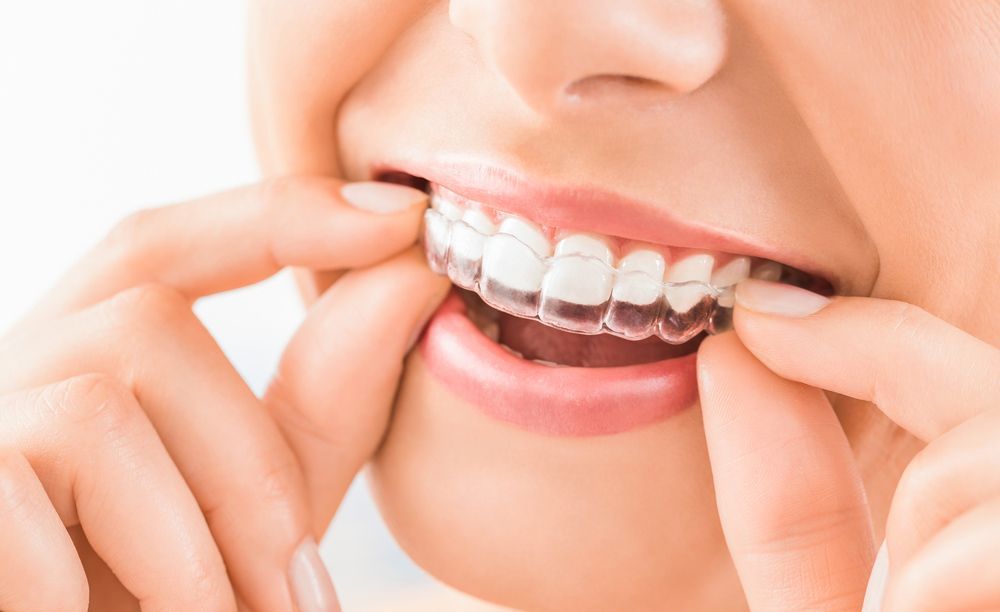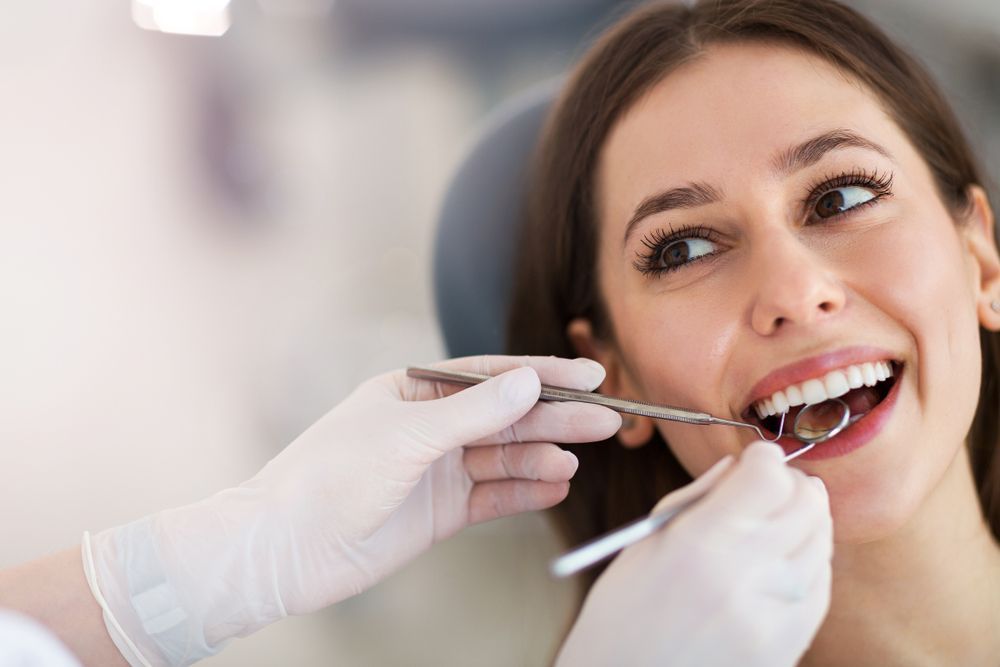Blog
Our Latest post
Explore Our Blog
Welcome to the New Leaf Dentists blog, containing dental tips, news, and insights. Based in Erina, and serving Gosford and the Central Coast, we offer a wide range of services, including general dentistry, cosmetic dentistry, orthodontics, dental implants, and emergency dental care. Our team is dedicated to helping you achieve a healthy, confident smile with personalised, high-quality care.
Stay informed with the latest updates on oral health, treatments, and patient care. Need to book an appointment? Call us on
02 4367 6222 or visit our clinic today.
















